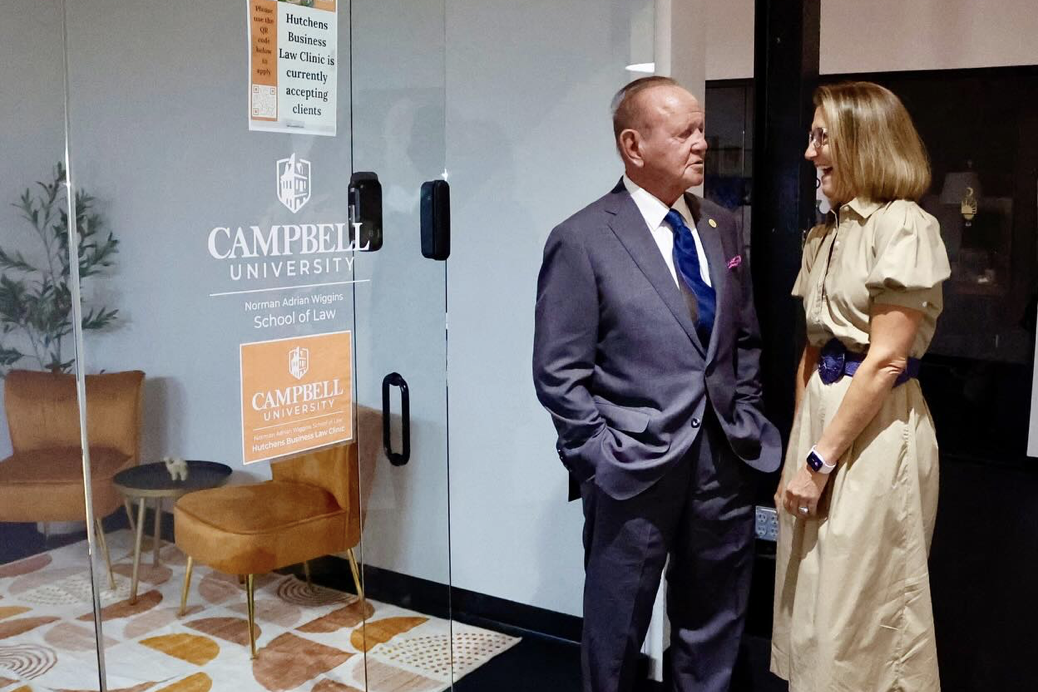To fulfill their role in a rapidly shifting world, business schools must act more like cultural brands than credentialing factories, write Ben Stevenin and Aditya Singh
In today’s competitive and often commoditized landscape of business education, the stakes are higher than ever. Programs are multiplying, rankings fluctuate, and prospective students weigh ROI with a spreadsheet precision. Meanwhile, luxury brands like Hermès, Chanel, Patek Philippe continue to command loyalty, emotional resonance, and multi-generational relationships.
The lesson? Education and luxury have more in common than we think.
Luxury management is about more than products. It’s about designing an experience, cultivating desire, and building a lifelong relationship with the client. As lifelong learning becomes the new normal and alumni relations evolve from handshakes to ecosystems, business schools would do well to borrow from the luxury playbook.
Here’s how.
1. Student Recruitment: From Marketing to Desire Creation
Luxury brands don’t just attract customers, they inspire belonging. The decision to purchase a luxury item is emotional, identity-driven, and narrative-rich. It’s the same with top-tier business education.

 Yet too often, schools focus on programmatic features rather than emotional resonance. Rankings, placement stats, and global campuses are essential but they aren’t what people remember.
Yet too often, schools focus on programmatic features rather than emotional resonance. Rankings, placement stats, and global campuses are essential but they aren’t what people remember.
- Build prestige through storytelling. Speak to aspiration, not just outcomes. Showcase transformative journeys, not just syllabi.
- Curate exclusivity. Personalized campus visits, one-on-one chats with alumni, or tailored admissions experiences can signal care and community.
- Think beyond conversion. You’re not just admitting students, you’re inducting future brand ambassadors.
2. Faculty as Cultural Icons
In luxury, the artisan is never invisible. Designers and creators are central to the brand’s mystique and value.
Faculty, too, are not just knowledge workers, they are custodians of the school’s intellectual and reputational capital.
- Amplify faculty voices. Celebrate their thought leadership in public forums, not just in academic journals.
- Create internal prestige. Acknowledge great teaching as cultural capital, not just a KPI.
- Invest in their development. Faculty should feel as valued as top creative talent, because they are they produce all the IP of the institution.
3. Alumni: From Donors to Lifelong Partners
Perhaps the most urgent lesson from luxury lies in relationship longevity.
Luxury clients rarely make just one purchase. Their value grows over time with new life stages, renewed relevance, and deepening loyalty. That same approach must apply to alumni.
- Lifelong learning = lifelong relationship. As professionals face new challenges, schools must offer alumni new value – through executive programs, microcredentials, or content-driven community.
- Invite them back – to give and to teach. Alumni today are more than donors. They are guest speakers, mentors, case contributors, and even adjunct faculty. Build mechanisms that let them shape the future of the institution.
- Celebrate emotional connection. Don’t just track touchpoints. Foster belonging. Recognize milestones. Send a personal note. Extend invitations that feel earned, not automated.
The era of one-and-done alumni engagement is over. Lifelong learning is the new business model and it demands emotional continuity.
4. Student Experience: Designing for Memory, Not Just Delivery
Luxury doesn’t sell functionality – it sells feeling. From packaging to retail spaces to post-purchase service, it crafts moments that are remembered.
Business education can learn from that intentional design of experience.
- Map emotional peaks. Design signature moments – a welcome kit that surprises, a global immersion that transforms, a capstone that feels cinematic.
- Create branded environments. Physical and digital learning spaces should feel aligned with the school’s prestige – not generic portals or uninspiring lecture halls.
- Invest in the journey. Treat the student lifecycle like a luxury client journey – with care, context, and anticipation.
5. Training for the Long Game: Lessons from Luxury Staff Culture
Luxury brands are legendary for the way they train their employees — not just for immediate performance, but for lifelong skills. Product expertise, interpersonal finesse, and brand ambassadorship are instilled from day one.
Business schools, too, must think long-term.
- Instill timeless skills. Help students master not just tools, but ways of thinking that last. Like luxury brands, prepare them to operate with grace, judgment, and humanity in high-stakes environments.
- Model the culture you teach. Let students experience what strong service, emotional intelligence, and long-view thinking actually feel like.
- Empower your staff as brand carriers. Admissions officers, career advisors, event planners – they all shape perception. Like luxury retail staff, their training and professionalism should reflect the institution’s values.
6. Brand Stewardship: Prestige is Built, Not Bought
Luxury brands don’t chase scale – they protect mystique. They know that every product, store, and customer touchpoint must reflect the core brand promise.
Business schools, too, must resist overextension.
- Protect the halo. New programs, partnerships, and formats must enhance – not dilute – the institution’s reputation.
- Design with intentionality. Whether launching a fintech MBA or a global campus, ask: Does this elevate the brand?
- Curate brand coherence. Ensure admissions, marketing, faculty, and alumni speak with a unified voice and values.
Final Thought: From Providers to Institutions of Influence
Business schools aren’t just purveyors of degrees. At their best, they are institutions of influence — shaping leadership, values, and ideas.
To fulfill that role in a rapidly shifting world, they must act more like cultural brands than credentialing factories. The luxury world offers a roadmap: value over volume, story over stats, loyalty over transactions.
Prestige isn’t a byproduct. It’s designed – intentionally, emotionally, and over time.
Benjamin Stevenin is special adviser to Poets&Quants and former Director of Business School Solutions and Partnerships at Times Higher Education. Aditya Singh is director of the Athena School of Management in Mumbai. He works in the areas of convergence between multiple domains including Culture (Arts & Luxury), Technology (including AI, Blockchain, Web3), ESG, Sutainability, Innovation & Leadership.
© Copyright 2025 Poets & Quants. All rights reserved. This article may not be republished, rewritten or otherwise distributed without written permission. To reprint or license this article or any content from Poets & Quants, please submit your request HERE.









